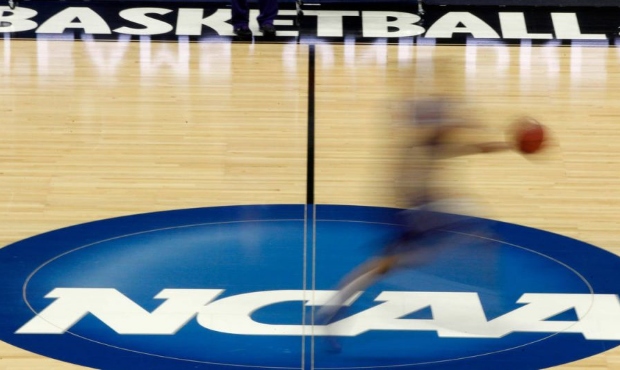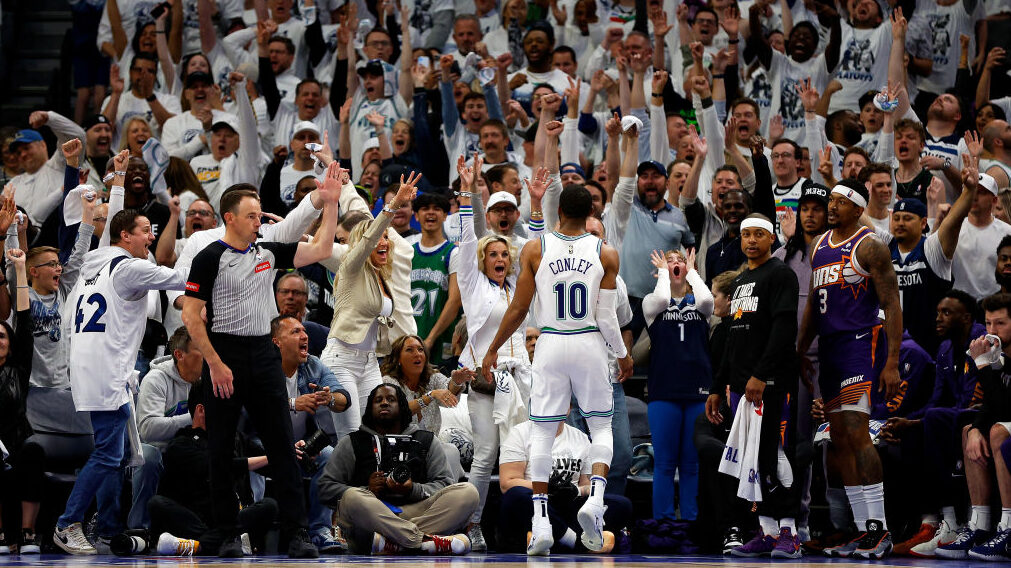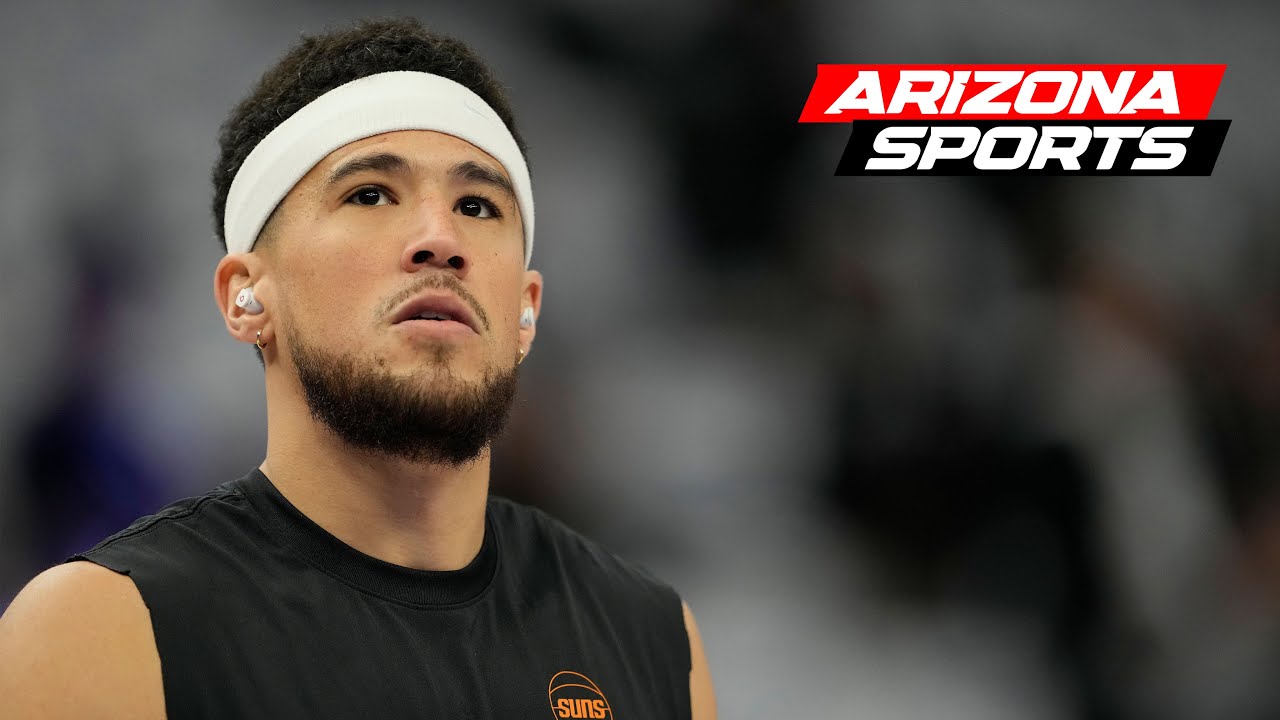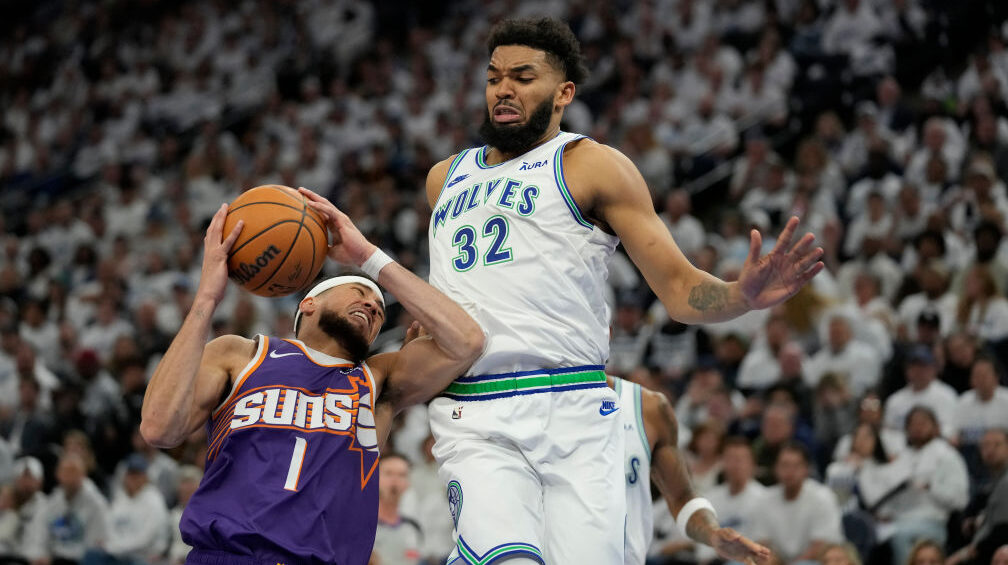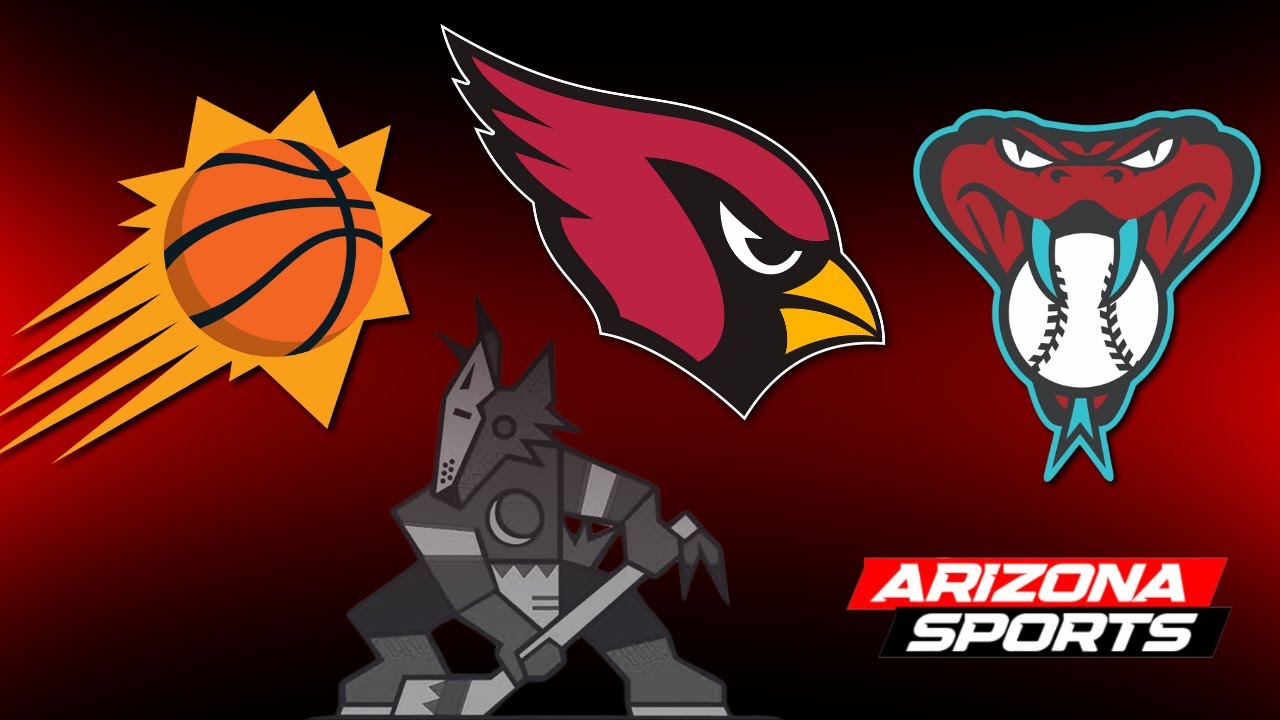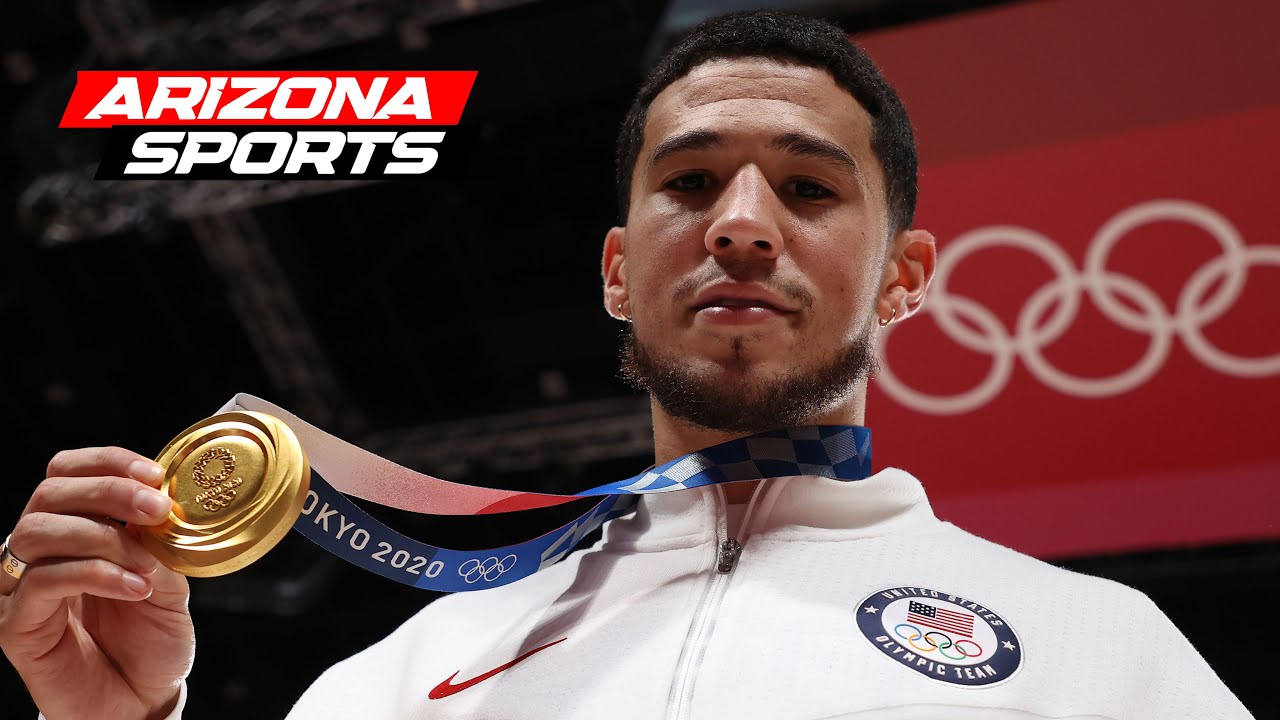Pac-12 has choices to make as college football returns in Big Ten
Sep 16, 2020, 8:21 PM | Updated: Sep 18, 2020, 9:12 am
The Pac-12 is at a crossroads. Its television network is on life support. Its commissioner might be a lame duck. A small chunk of the conference is literally on fire. None of its head coaches seem to care that football isn’t on the schedule in 2020.
Not like the head coach at Clemson or Louisiana State.
Not like Nebraska’s Scott Frost or Ohio State’s Ryan Day, who rattled cages and high-ranking executives inside their conference.
In the end, the ongoing pandemic has exposed the Pac-12 for what it has become in recent years: The last dog pulling the sled, trying its best to ignore the view. Things haven’t been the same since Pete Carroll left USC.
For a brief time, the Pac-12 was lauded for its pro-active leadership on COVID-19. They pulled the plug on football after listening to, and citing advancements from their own medical advisory board. They introduced myocarditis to the football world, a medical term describing a heart condition that comes as an unfortunate COVID-19 side dish. They reveled in being the adults in the room.
I’m only guessing that the shutdown actually tickled some Pac-12 administrators, the West coast elite who drive Bentleys, summer in Carmel and rent office space in downtown San Francisco.
That’s because many of them resent what college football has become. A game they cannot win.
Attendance is spotty in the Pac-12. Stadiums are smaller. There are no famous tailgates. Playing fields are not level.
Schools on the West coast don’t have the wacko fervor or the alumni honey money to compete with real powers in Division I football. They don’t have felonious fans willing to poison enemy trees. They don’t stir the pot or make national headlines. There just isn’t the same passion, financial commitment or emotional investment from anyone.
But the pandemic gave the Pac-12 rare footing, on higher ground. A chance to stand above the cartels that run college football, and the money that has corrupted everything. But their position was tenuous. They needed the Big Ten as a partner, in a slow dance back to normalcy. And everything was wonderful for a while, especially when the Big Ten commissioner publicly pledged that his conference would never reverse course.
Oops.
The Pac-12 can sit this one out if it chooses. But attempting to play in early 2021 is no longer a strategy. It would incite national mockery. The conference of champions will become the intramural department of college athletics.
This is also bigger than politics, which are obviously in play. President Donald Trump effectively strong-armed Big Ten commissioner Kevin Warren, who oversees football in many of Trump’s swing states. Trump did this by offering surplus inventory from the government’s supply of rapid testing kits, which are a game-changer in this sport.
Rapid testing means programs can isolate infected players in real time. It means contact tracing becomes a breeze. It mitigates the dangers of myocarditis, sitting down players before they incur chronic conditions and long-term heart damage. Or so they say.
Either way, the Pac-12 must change now, getting back on the field before it’s too late. If four NFL teams can operate in California under the regimen of daily testing, so can four collegiate programs. If they can play football in Washington, they can do the same in Oregon. If the rest of the country is competing for a berth in the College Football Playoff, so must the Pac-12. As long as they have the right systems in place.
This will obviously cost a lot of money, especially if Trump isn’t giving any freebies to the Pac-12. But there will be heavier price to pay if the Pac-12 doesn’t play football in 2020, especially in the Valley.
Sitting out might derail the momentum and the current trajectory at ASU, where Herm Edwards’ grandfatherly touch and Antonio Pierce’s fiery recruiting in Southern California have changed the future.
It will fuel the negative recruiting from opposing schools who will paint the Pac-12 as soft, spineless, too willing to give up on football when things got rough. Especially when options were still available.
You can argue all you want. You don’t know how this story will play out three years from now. And on Wednesday night, I read a story about Nebraska recruits who were over-the-top impressed at the Cornhuskers’ resolve in pushing their own agenda, in restarting major college football, in refusing to give up on a Great American tradition.
So where are you, Pac-12? More importantly, where will you be tomorrow?


